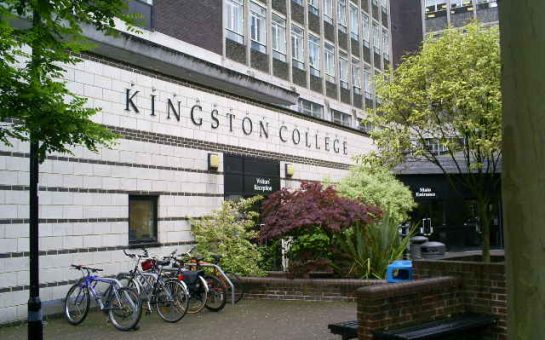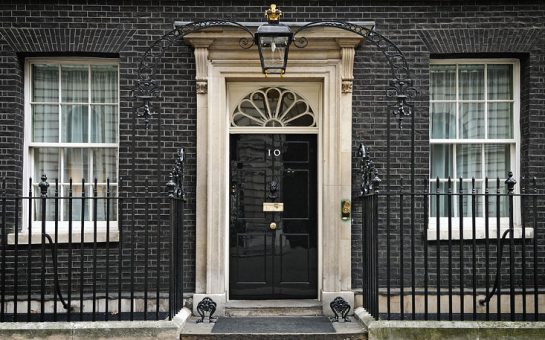Many non-British citizens feel ill at ease about leaving the European Union.
The UK is home to 2.15 million working EU citizens with 5% of NHS staff are from the European Economic Area (EEA) and 6% are from other parts of the world.
As a result of the Brexit uncertainty, fewer EU citizens are taking jobs in the care sector, an area that is already strained.
A national ID card system after Brexit has been proposed by a think tank, to avoid another scandal like Windrush and to help prevent illegal immigration, identify criminals and ensure citizens have access to public services.
But this has been criticised. The Sun newspaper, for example, has called it a ‘sinister, expensive and essentially un-British scheme’.
It has been two years since the Brexit referendum and there is less than one year until we are due to leave.
However, there are many details yet to be decided.
Bulgarian foreign minister Ekaterina Zakharieva has said: “Mr Barnier informed us that since March 23 no significant progress has been made on the three pillars that we work on: withdrawal, future framework, and Ireland.”
Goda Greenrod, a 42-year-old teacher from Lithuania living in Wimbledon, believes Brexit has been ‘quite difficult for everyone’.
She felt it was ‘quite scary’ because she was concerned with how it would affect her rights in the UK.
She was particularly worried about the consequences of a ‘no deal’.
Goda expressed her interest in a second referendum. “We did not know what we were voting for the first time around,” she said.




